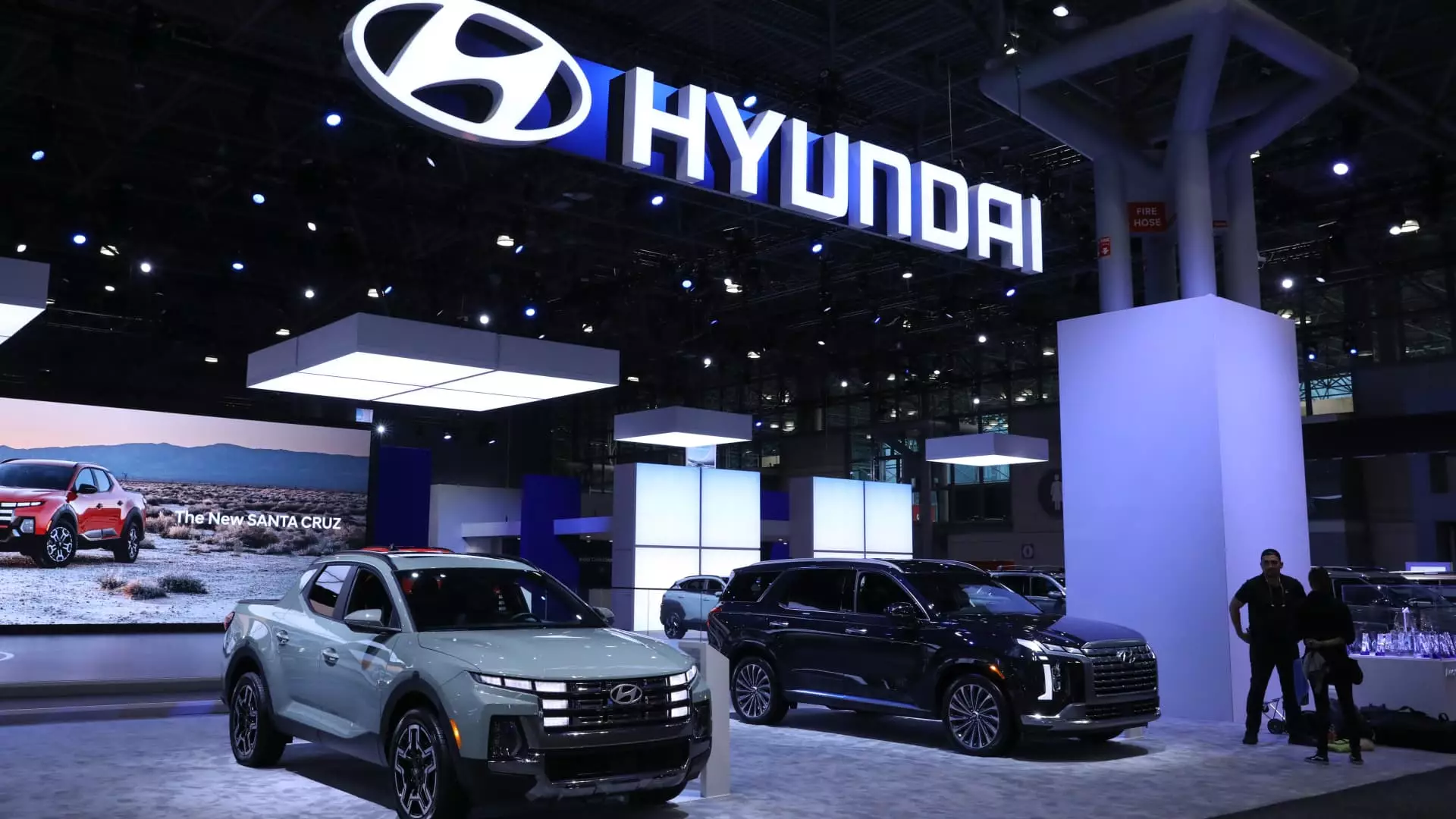In a bold move that sends a clear signal about the shifting tides of global trade, South Korean automotive giant Hyundai is gearing up to unveil a staggering $20 billion investment in the United States. At the forefront of this investment is a new $5 billion steel plant in Louisiana, expected to create approximately 1,500 jobs. This isn’t just a manufacturing facility; it’s a pivotal component of Hyundai’s strategy to localize production in the face of increasing tariffs and trade tensions. In an era where economic decisions are often weighed down by geopolitical pressures, Hyundai’s push to establish its foothold in the U.S. steel market represents a savvy, forward-thinking approach to business.
The Electric Vehicle Revolution
Hyundai’s investment also underscores its commitment to the burgeoning electric vehicle (EV) sector. With plans to use the next-generation steel produced in Louisiana for its two existing automotive plants and an impending third facility in Georgia, the company reaffirms its position as a key player in the EV marketplace, where it goes head-to-head with Tesla. As electric vehicles reshape the automotive landscape, Hyundai’s strategic localization not only optimizes operational efficiencies but also fortifies its ability to respond swiftly to market demands. This investment not only boosts job creation but also positions Hyundai to drive innovation in a competitive sector.
Political Ramifications and Trade Dynamics
The timing of Hyundai’s announcement coincides with heightened scrutiny over trade relationships, particularly the complicated dynamics between the U.S. and South Korea. It comes as President Donald Trump is directly addressing trade imbalances and tariffs—issues that have historically plagued U.S.-Korea relations. Trump’s concerns about South Korea’s trade practices have echoes in the American political landscape, where calls for reevaluation of international partnerships are becoming increasingly vocal. Hyundai’s decision to produce more domestically can be interpreted as a proactive step to navigate these treacherous waters, turning potential setbacks into advantage.
Competition and Cooperation
The need for corporations to respond to evolving tariffs is not unique to Hyundai; major global conglomerates like Taiwan Semiconductor and Japan’s SoftBank have recently made headlines for similar proactive strategies aimed at U.S. onshoring. This trend signifies an underlying shift in how companies must strategize their operations amidst fluctuating international policies. As competition heats up in the EV market, Hyundai’s local investments may empower it to not only meet domestic demand with reduced logistical costs but also position itself as a partner of choice for U.S. consumers and regulators alike.
As Hyundai boldly moves to fortify its presence in the American manufacturing sector, it becomes increasingly evident that corporate decisions are shaped by a blend of market logic and political realities. The $20 billion investment is emblematic of a new era where multinational corporations must think local in an increasingly globalized economy. Hyundai’s shift toward localization may very well inspire similar moves from other companies in the years to come, reinforcing the notion that robust manufacturing reliability paired with strategic foresight is the key to thriving in today’s intricate economic environment.

